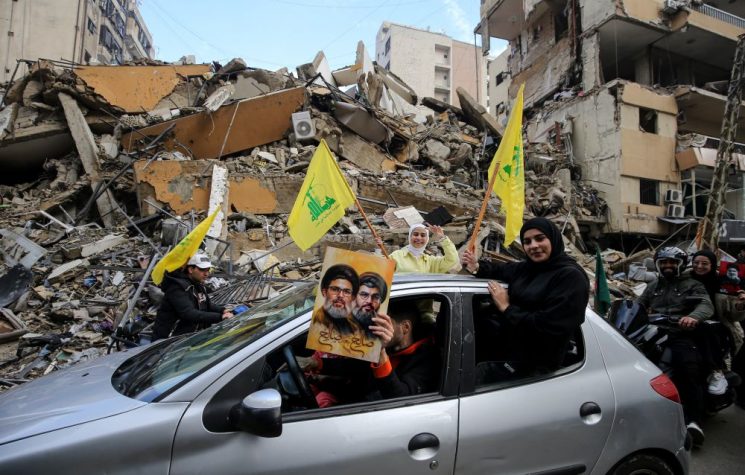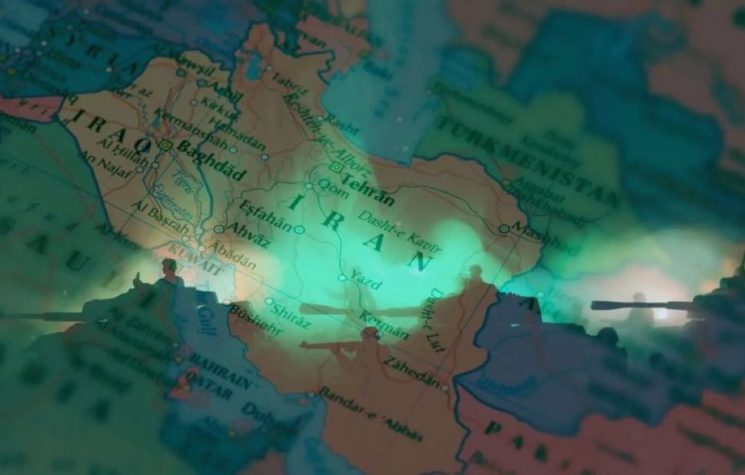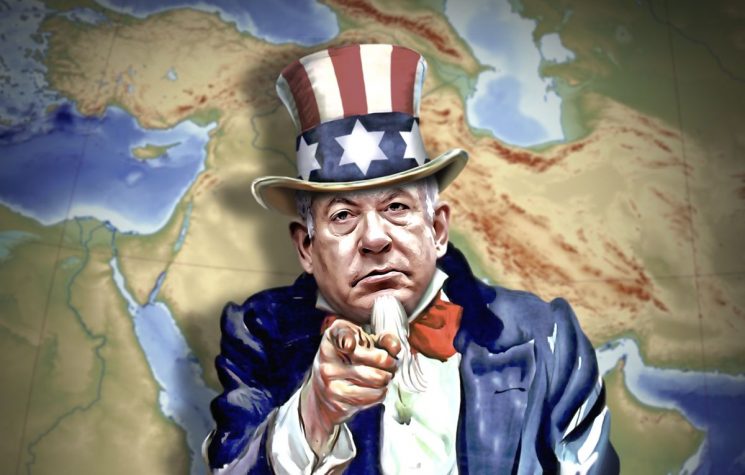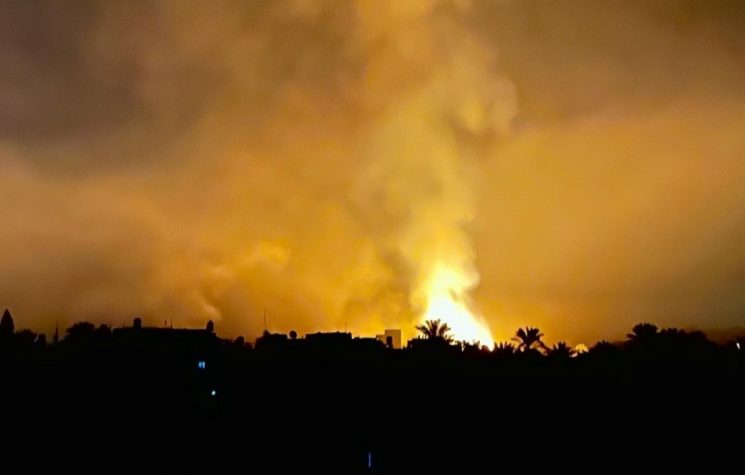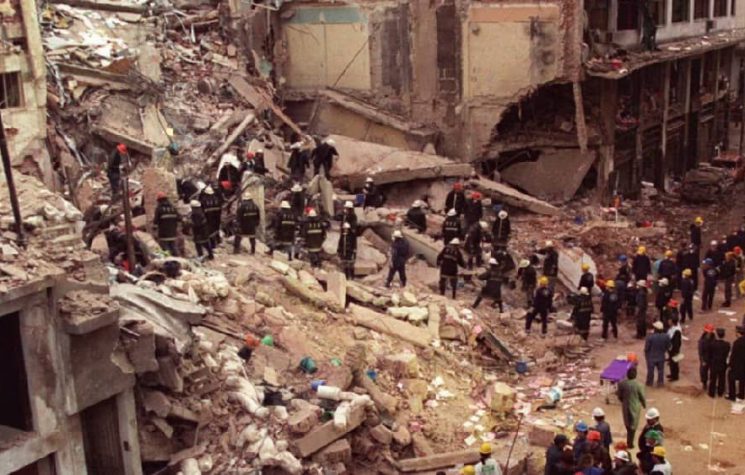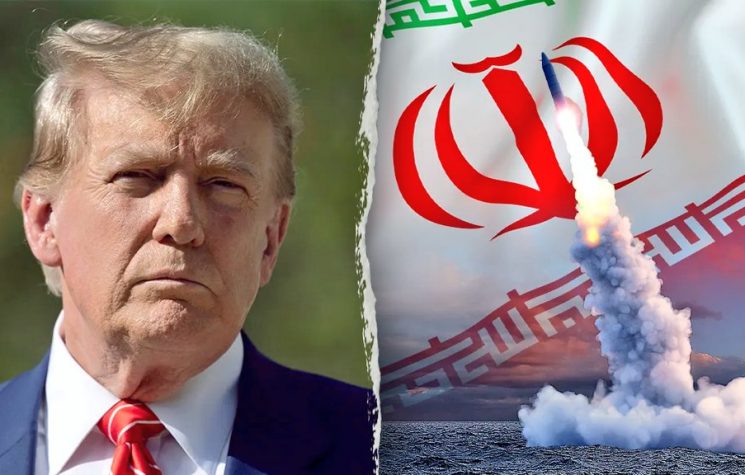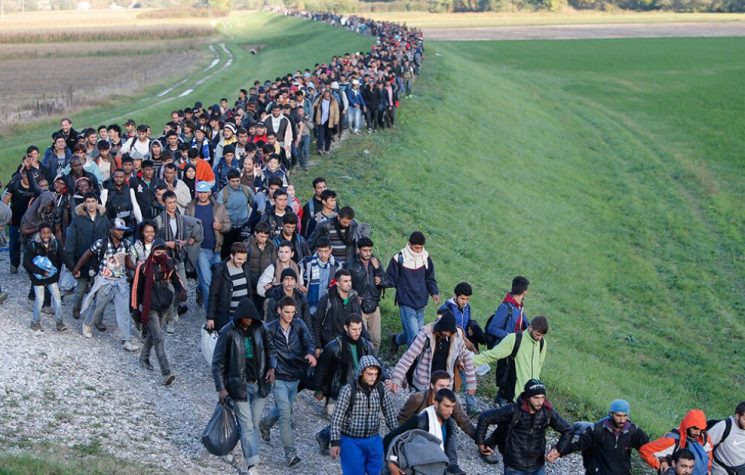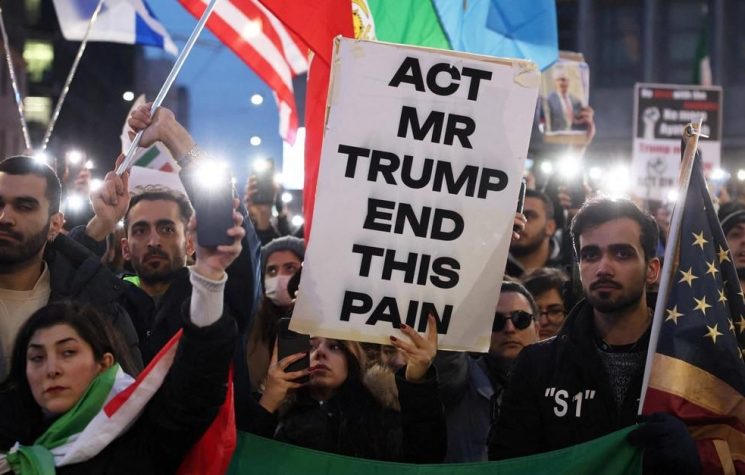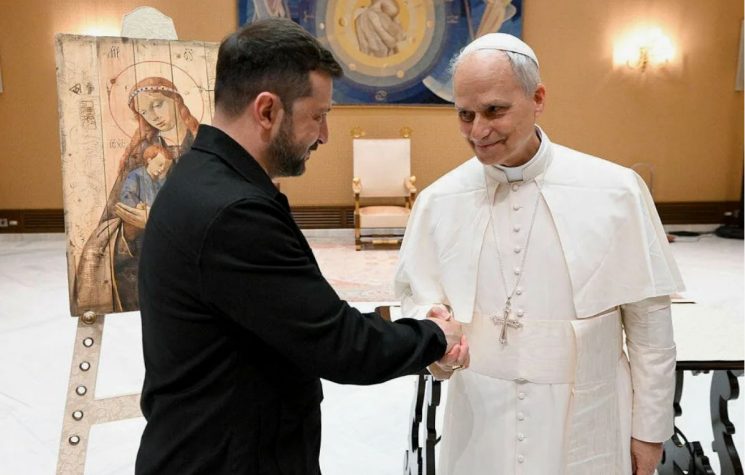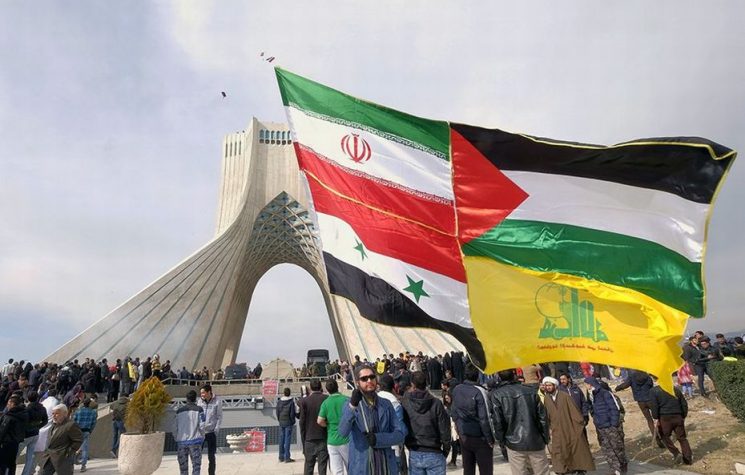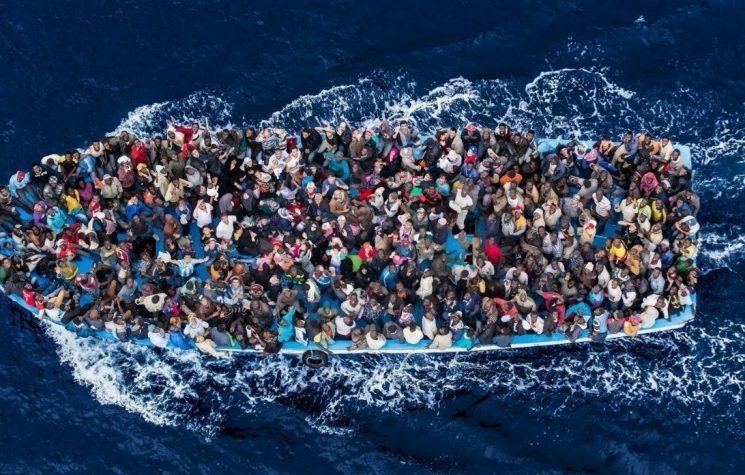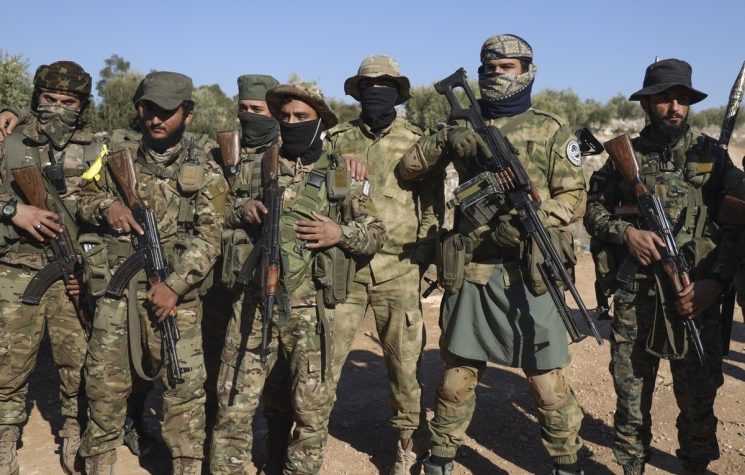We must re-configure our thinking – onto the longer plane – to take account of the intrusion of shifting dimensions in consciousness.
❗️Join us on Telegram![]() , Twitter
, Twitter![]() , and VK
, and VK![]() .
.
Contact us: info@strategic-culture.su
Dominique De Villepin, former Prime Minister of France, who famously led France’s opposition to the Iraq war, recently described the term ‘Occidentalism’ (currently the prevalent sentiment in much of Europe) as being the notion that “the West, which for five centuries managed the world’s affairs, will be able to quietly continue to do so”. He continues:
“There is this idea that, faced with what is currently happening in the Middle East, we must continue the fight even more, towards what might resemble a religious or a civilizational war”.
“That is to say, to isolate ourselves even more on the international stage”.
“They’ve gone “all in” on a certain moral and ethical framework of the world, and faced with a situation where the West’s moral fabric has been openly exposed and refuted, they find it extremely difficult—and perhaps fatally impossible—to withdraw”.
It is ditto for an Israel (which is umbilically linked to the West): Were Israel to imagine that its former Arab allies might look the other way, whilst the Jewish state attempts to annihilate resistance in Gaza,- and then expect these allies to help police and pay for a Gaza security apparatus to rule there, they would be guilty of wishfull thinking.
And, if either Washington or Israel assume this ‘after-Gaza’ plan can unfold in the same moment that militant settlers on the other side of the terrain build their settlement kingdom with the express goal of founding Israel on the Land of Israel (thus expunging Palestine altogether), that notion too would constitute a fantasy, both strategically and morally incoherent.
It won’t work. Israel will not be able to generate either the Palestinian partners, nor the global allies, it needs to co-operate in such a scheme.
The situation in the Middle East has radically transformed. Whereas Palestine was about national liberation, today Palestine is the of the symbol of a wider civilisational re-awakening – the ‘end to centuries of Regional humiliation’.
Equally, whilst Zionism in Israel was largely a secular political project (Greater Israel), today it has become messianic and prophetic.
The point here is that we continue to think about the Gaza issue in the ‘old way’ – through the prism of secular material rationalism. This leads to conclusions such as ‘Hamas objectively is weaker than Israel’s IDF’, and therefore rationally the latter must prevail as being the stronger party.
In this way of thinking, though, there is only ‘one single reality’ with only the descriptions and interpretations of this ‘reality’ differing. Yet there is demonstrably more than ‘one reality’ as collectively, we progress from one consciousness to another. In one consciousness, for example, ‘Hamas is destined to fail’, and the discussion turns to US and Israeli notions of ‘what follows in Gaza’.
In another state of consciousness however – one becoming ever more prevalent in the region – the ‘reality’ is that any ‘rationally’ negotiated compromise between two clashing eschatological structures is impossible. The more so should the conflict escalate horizontally – overflowing the boundaries of Gaza.
Other ‘fronts’ likely might open, as Gaza is seen – whether or not Hamas is crushed – as the revolutionary spark lighting a transformation in the Middle Eastern and the Global South’s consciousness (note the list of Global South states now cutting diplomatic ties with Israel).
The West however, has opted to back itself in a silo of its own making – as defined by its demand for a singularity of messaging that all of Europe ‘stand with Israel’; refusing any ceasefire; and saying ‘no limit’ to Israeli action (subject to law).
A veteran Israeli commentator writes, we are dealing with:
“an instance (Israel), where a country is so devastated, shocked, humiliated and naturally consumed by rage that retribution becomes the only end. The moment when a country realizes that its deterrence failed; and perceptions of its power have been so critically diminished – that it is driven solely by the motivation to restore an image of power”.
“It is a dangerous point where decision-makers feel they can dispense with military theorist von Clausewitz’s axiom : “War is not merely a political act but a real political instrument, a continuation of political intercourse, a carrying out of the same by other means”.
Europe, taking its lead from Washington, simply is disregarding the Clausewitz axiom, by tying itself unreservedly to Israel’s military operations, and at a real risk of collusion with whatsoever may transpire there.
Put plainly, the absolute command that there must be an unambiguous distinction between truth and falsehood and singleness of meaning pertaining to the Palestinian issue, plus no ‘pro-Palestinian messaging’, reflects a deep insecurity in the West – as if one-sided messaging could be the remedy to a civilisational clash. In the current climate, to even call for a ceasefire can lose one one’s job.
Rather, this stance serves only to isolate Europe from playing a role on the international stage – save that of threatening escalation against Iran, should Hizbullah open a northern front into Israel.
Here, we also face the problem of material rationalist ‘old think’ – one that sees deploying aircraft carriers and scattering air defences around the region as a manifestation of such potential overwhelming, crushing force that it constitutes deterrence, whilst Israel finishes the business of quelling the Palestinian irruptions in Gaza and West Bank uninterrupted.
Here again, the myth of deterrence has been superseded by the asymmetrical tactics of the new warfare. Conflicts have become geopolitically diverse, technologically more complex and multidimensional – particularly with the inclusion of military-adept non-state actors. This is why the US is so nervous about Israel entering upon a two-front war.
The ‘other reality’ is that unalloyed fire-power is ‘not everything’. The management of controlled escalation is the new dynamic. The US may think (material rationally) that it alone possesses escalatory dominance. But does it, in this new multidimensional, asymmetric world?
Further, the ‘other’ state of consciousness might be reading matters differently: Israel’s Gaza pounding may prove to be more prolonged than the US might expect, and its outcome may not produce the definitive restoration of Israeli deterrence for which most Israelis yearn. Viewed dynamically, Israel’s assault on Gaza might produce, rather, a further metamorphosis in the regional consciousness toward anger and mobilisation, impinging a new dynamic into the geo-strategic ‘reality’.
Despite deterrence being presented as being such an aim (allowing Israel to find a new security paradigm for itself), military escalation will not bring any sustainable accord by which the division of Mandate Palestine into two states can be reached. It will put it further from attainment.
Might the present turmoil in Palestine then, simply and quietly, be put to rest under White House management?
To view the Israeli-Hamas war as a local event would be another error of ‘old think’. This has become a war for Palestinian existence – between the Hebraic vision of Israel, and the Islamic vision of its own civilisational Renaissance. In this second vision, the Palestinian wound constitutes a lacuna that has festered for 75 years, as a result of western mal-management.
This Palestinian question will not now fade away – nor be resolved by restoring the discredited Palestinian Authority, nor vague ‘talks’ about some ‘one-day’ Palestinian State. We must re-configure our thinking – onto the longer plane – to take account of the intrusion of shifting dimensions in consciousness.












